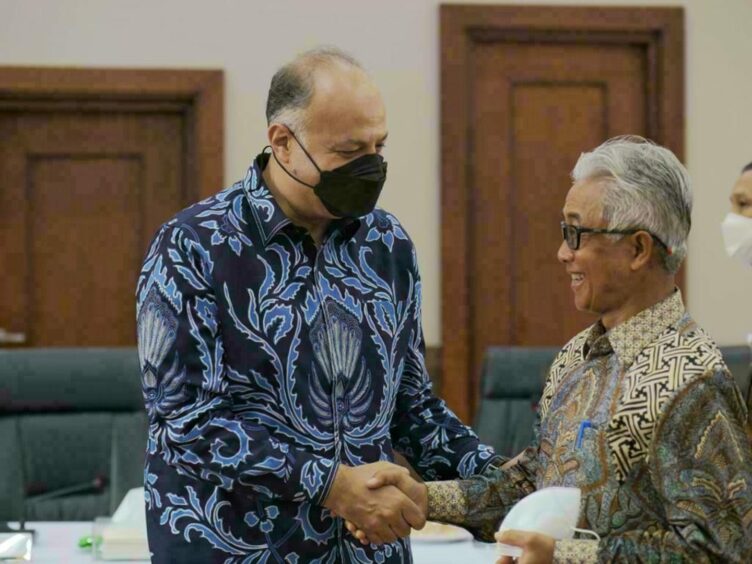
In a boost for Indonesia, BP (LON:BP) has today signed the 30-year production sharing contracts (PSC) for Agung l and Agung ll deep-water oil and gas exploration blocks with the government of Indonesia. The areas are underexplored with significant potential for natural gas resources, close to expanding gas demand markets.
“Our presence in Indonesia is now extended from the east in Papua Barat through our Tangguh LNG, the largest gas-producing field in Indonesia, where we are also progressing one of our major CCUS projects, to the west in Aceh through our partnership in Andaman II, and now is complemented by adding Agung I and Agung II in East Java. We would like to thank the Indonesian government, especially our colleagues in the Ministry of Energy and Mineral Resources and SKK Migas for their continued strategic support and partnership,” said Nader Zaki, BP regional president Asia Pacific.
The Agung I Block covers an area of 6,656 square kilometres deep-water offshore Bali and East Java, while the Agung II Block is in deep-water offshore of South Sulawesi, West Nusa Tenggara and East Java covering an area of 7,970 square kilometres.
BP’s executive vice president for gas & low carbon energy, Anja-Isabel Dotzenrath noted that “BP is very proud of being a strategic energy partner of Indonesia, as one of the largest foreign direct investors in the country. We are so excited with the addition of Agung I and II Blocks to our portfolio of assets, and we are committed to continue growing our gas and low carbon business in Indonesia.”
The Indonesian government awarded the two blocks, expected to be gas-prone, to BP as part of the second round of 2021 Oil and Gas Working Area Bid Round on 18 March 2022.
Boost For Indonesia
Having a big-name company, such as BP, sign up for exploration will could provide a much-needed boost for Indonesia, where investment in exploration and production has been lackluster in recent years. The Indonesian government estimates that $187 billion needs to be invested in its upstream sector to meet its 2030 oil and gas production targets of 1 million barrels per day of oil and 12 billion cubic feet per day of gas.
But onerous regulations, controlled sales prices, and PSC contracts that have not encouraged innovation, have in the past made it difficult to justify investing in the Indonesia petroleum sector.
However, Indonesia is working hard to attract new exploration investment. Recent fiscal and regulatory enhancements show a willingness to provide greater flexibility.
Indeed, Dwi Soetjipto, chairman of upstream regulator SKKMigas, told Energy Voice, that the government is now listening to investors’ needs. “The government is prepared to be very flexible on fiscal terms. We are also promoting tax incentives to the ministry of finance,” he said on the sidelines of the Asia Pacific Capital Assembly in Singapore early June.
Dwi highlighted that Indonesia has one of the world’s fastest expanding economies and that oil and gas will still play a vital role in the country’s future, even as the government targets significantly increasing renewable energy.
Recommended for you

